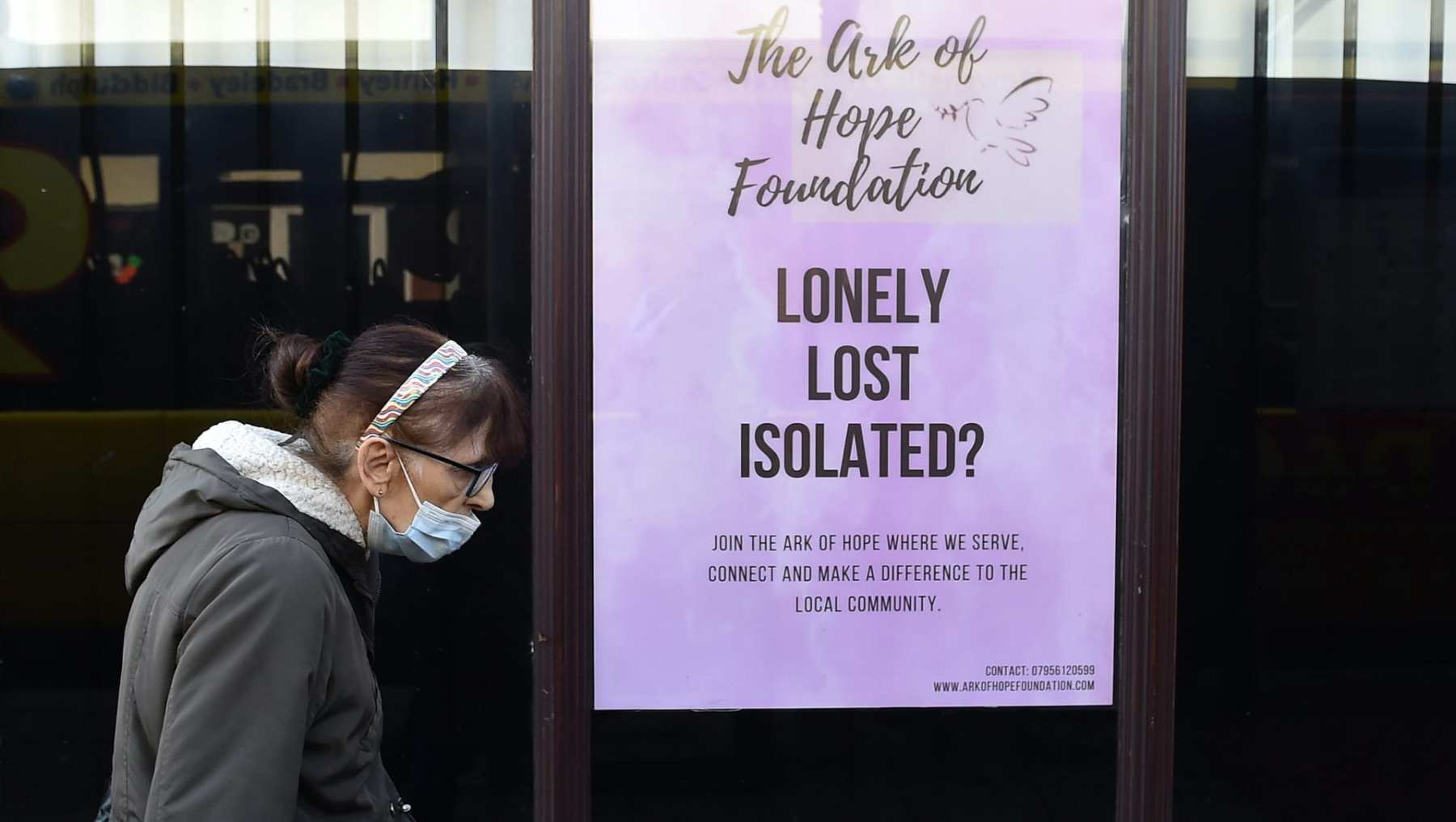As the coronavirus pandemic enters its deadliest wave yet, women are still far more likely than men to report the crisis has harmed their mental health, according to a new survey.
Overall, about one in two Americans — 51 percent of the public — said their mental health has deteriorated because of the pandemic, a poll from the nonprofit Kaiser Family Foundation (KFF) found. But women, who were already more vulnerable to conditions like depression and anxiety, are far more likely to have suffered: 57 percent of women said their mental health has been negatively affected, compared to 44 percent of men.
“The pandemic has really taken a toll on everybody,” said Lunna Lopes, a survey analyst at KFF. “But women start off with more concerns and worries, and so when you add in a pandemic, you really see that rise.”
The KFF survey is only the latest data point in a growing body of evidence to suggest the coronavirus crisis has exacerbated the gender gap when it comes to mental health conditions, particularly anxiety and depression.
In July, the last time KFF asked the question, a majority of respondents also indicated the pandemic had harmed their mental health, with a 7 percentage point difference between men and women (50 percent of men compared to 57 percent of women). As of last week, data collected by the National Center for Health Statistics found that about 45.7 percent of
women were reporting symptoms of anxiety or depression, compared to 36.8 percent of men.
Neither the KFF survey nor the NCHS data broke out how the pandemic has affected mental health for transgender people, specifically, though other analysis suggests they are also facing heightened psychological challenges, which experts attribute to isolation, fear of the virus and the struggling economy.
“We have been used to consider[ing] COVID as an infectious disease but in reality it’s also a very potent, very powerful chronic stressor,” said Primavera Spignolo, a research scientist at the Mary Horrigan Connors Center for Women’s Health and Gender Biology, an outpost of the Boston-based Brigham and Women’s Hospital.
For months, experts have suggested that the pandemic’s disproportionate economic toll — which has punished women far more than men — has contributed to the mental health gender gap. Women are more likely to have lost work in the COVID recession, and they are less likely to have regained jobs. Mothers are at heightened risk of food insecurity, meaning they don’t have enough money to regularly afford enough nutritious food to feed their families.
“Those who have experienced income or job loss because of the pandemic — so since February — they are also more likely to say they’ve had a negative impact on mental health because of the stress and worry related to the pandemic,” Lopes said.
Meanwhile, economic and social fallout from the pandmeic — not just job loss, but also child care, elder care and navigating remote schooling — are hitting women harder than men.
“This is really a perfect storm for women,” Spignolo said.
The KFF poll doesn’t break down how women of different racial backgrounds fare. But it’s clear that the burden isn’t equal — Black women and Latinas are suffering the most.
Across genders, the KFF data shows that Black and Latinx people show higher rates of mental health problems than White people: 57 percent of Black people and 54 percent of Latinx people, compared to 49 percent of White people. Meanwhile, experts believe that Black and Latina mothers are at the greatest risk of food insecurity, and they have been more likely to lose work in the pandemic, as well.
Those factors compound, Lopes said, noting that people between the ages of 18 and 29 were substantially more likely to report mental health burdens.
“You have women, young people, Black adults and those who have been impacted financially, their household has been impacted financially,” Lopes said. “You could imagine the person who is most likely affected would be a young Black woman who’s lost her job.”
In the long-term, experts say, the pandemic’s psychological fallout will create greater need for mental health support services, which are already in short supply. But in theory, some of these stressors women face could be alleviated more immediately through federal action — enhanced unemployment benefits, paid family leave or other economic programs that undercut the financial strain women are facing.
Many of the existing federal pandemic benefits programs have either ended or are set to expire at the end of December. Lawmakers are debating a new stimulus package, but it’s unclear what form it will take.
“People who have been economically impacted — the data really shows that they are really having these negative impacts, not just economically but it’s also affecting their mental health,” Lopes said. “Alleviating some of those economic concerns could have an impact of potentially helping alleviate some of that stress.”





